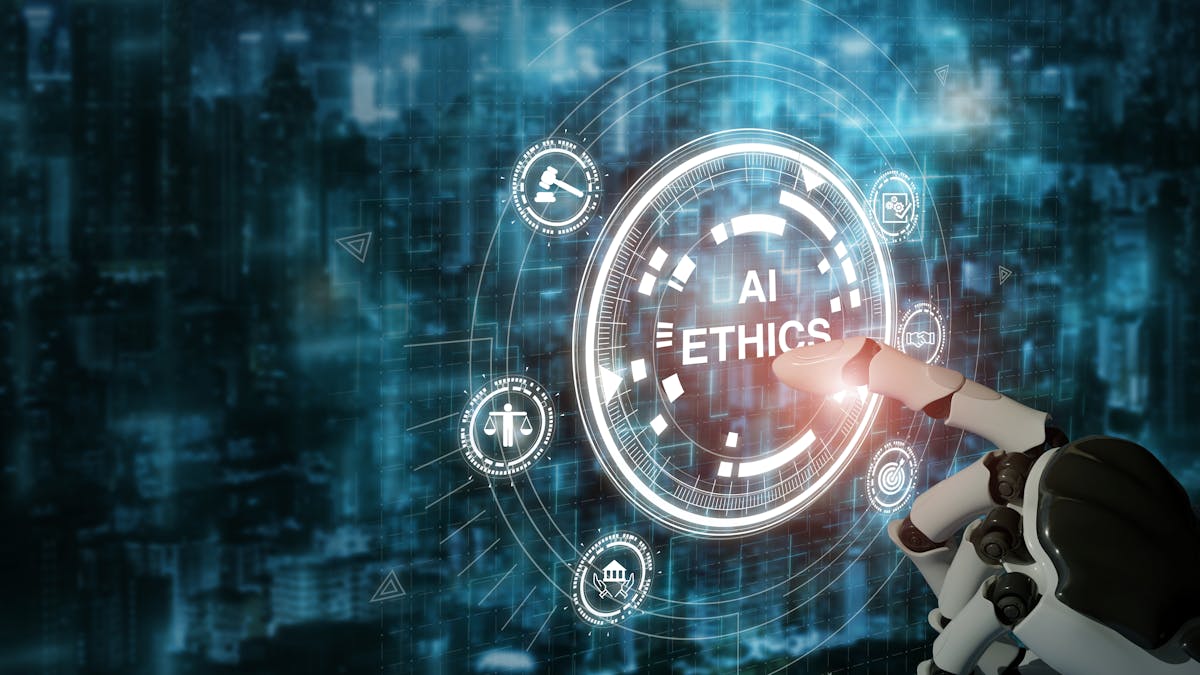
The world is continuing to make strides in the field of Artificial Intelligence (AI). As AI technology becomes more advanced, it is important to understand the regulations and ethical considerations surrounding this technology. AI has the potential to revolutionize many aspects of our lives, but it is also important to consider the ethical implications of its use. In this article, we will explore the regulations and ethics of AI, and how they can help to ensure that AI is used responsibly.
The first step in understanding the regulations and ethics of AI is to understand the different types of AI. Generally speaking, AI can be broken down into two categories: general AI and narrow AI. General AI is a type of AI that can learn and adapt to its environment, while narrow AI is a type of AI that is specifically designed to perform a single task. Each type of AI has its own set of regulations and ethical considerations, so it is important to understand the differences between the two.
When it comes to regulating AI, there are a few key considerations. The first is to ensure that AI is used responsibly and ethically. This means that AI should not be used to manipulate or exploit people, and should be used in a way that is beneficial to society. Additionally, it is important to ensure that AI is used in a way that is transparent and accountable. This means that AI should be designed and used in a way that allows people to understand how it works and how it impacts the world around them.
In addition to regulations, there are also ethical considerations when it comes to AI. Ethical AI is AI that is designed and used in a way that respects the rights and dignity of people. This means that AI should not be used to discriminate against people based on their race, gender, or other characteristics. Additionally, AI should be used in a way that respects privacy and autonomy, and should not be used to manipulate or control people.
Finally, it is important to consider the potential risks associated with AI. AI can be used for malicious purposes, such as creating fake news or manipulating markets. Additionally, AI can be used to create autonomous weapons that can cause harm without human intervention. It is important to consider the potential risks associated with AI and ensure that AI is used responsibly and ethically.
In conclusion, it is important to understand the regulations and ethics of AI. Regulations can help to ensure that AI is used responsibly and ethically, while ethical considerations can help to ensure that AI respects the rights and dignity of people. It is also important to consider the potential risks associated with AI and ensure that AI is used in a way that is beneficial to society. By understanding the regulations and ethics of AI, we can help to ensure that AI is used responsibly and ethically.
